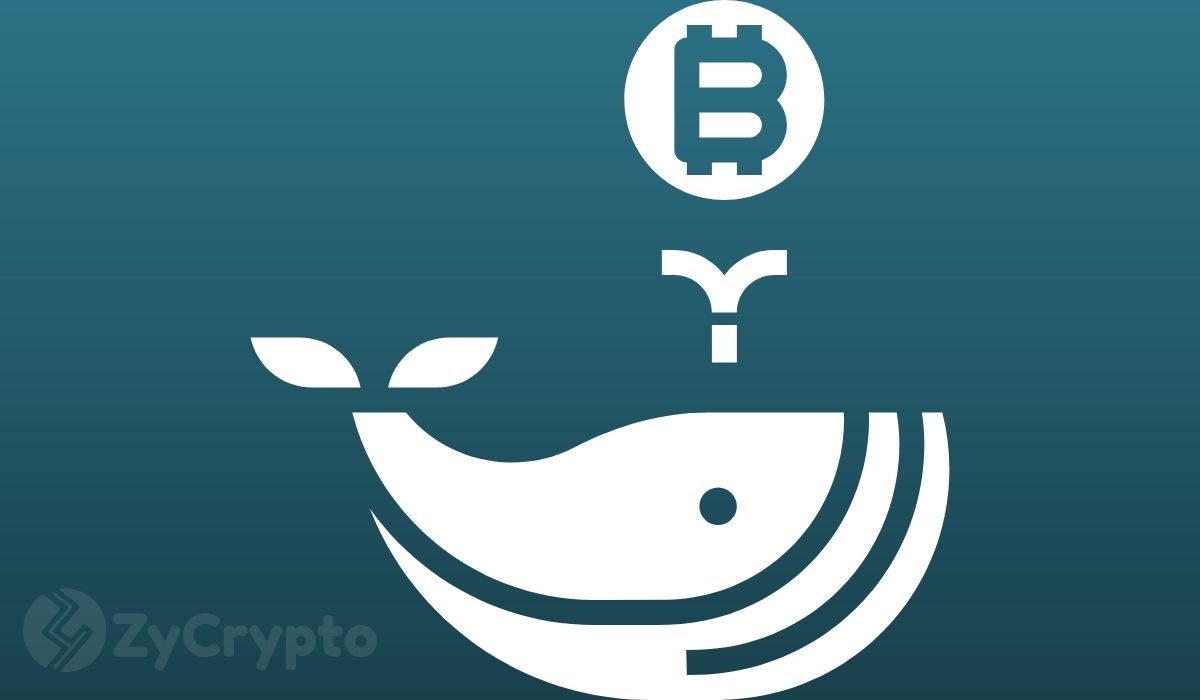The Controversy Surrounding Hyperliquid: A Decentralized Exchange Facing Scrutiny
In the ever-evolving world of cryptocurrencies and decentralized finance (DeFi), one exchange has found itself under intense scrutiny – Hyperliquid. This decentralized exchange (DEX) has recently faced criticism following its handling of the JELLY token market. The controversy has raised concerns among industry leaders, with some drawing comparisons to the now-defunct exchange FTX.
Unusual Activity and Alleged Mismanagement
The JELLY token, an asset built on the Binance Smart Chain, experienced unusual activity in late 2021. This activity resulted in a significant price fluctuation, which reportedly led to an estimated $10.6 million loss for some traders using Hyperliquid.
The exchange’s response to this situation has been the subject of much debate. Bitget CEO Gracy Chen, in an interview, compared Hyperliquid to FTX, citing similarities in their handling of the situation. FTX, a centralized exchange, famously froze user accounts and assets during a similar market event, leading to widespread backlash and eventual closure.
Industry Reactions and Implications
The controversy surrounding Hyperliquid has sparked reactions from various industry figures. Some have criticized the exchange for its handling of the situation, while others have cautioned against hasty judgments.
- “This is a clear example of why decentralized exchanges need more transparency and accountability,” said one industry insider. “The lack of regulation in the DeFi space can lead to situations like this, where traders lose significant funds.”
- “It’s important to remember that decentralized exchanges operate on a different model than centralized exchanges,” countered another expert. “They rely on community governance and smart contracts, which can sometimes lead to unintended consequences. But the potential benefits far outweigh the risks.”
As for individual traders, the controversy surrounding Hyperliquid may serve as a reminder of the inherent risks involved in trading cryptocurrencies and using decentralized exchanges. It’s essential to do thorough research and understand the risks before engaging in any trading activity.
Global Implications
Beyond the immediate implications for traders and the DeFi community, the controversy surrounding Hyperliquid could have broader implications. Some observers believe it may lead to increased scrutiny of decentralized exchanges and the wider DeFi space from regulators and policymakers.
“This situation underscores the need for clearer regulations and guidelines for decentralized exchanges,” said one regulatory expert. “As these platforms continue to grow in popularity and influence, it’s essential that we have a framework in place to ensure consumer protection and market stability.”
Conclusion
The controversy surrounding Hyperliquid serves as a reminder of the challenges and risks inherent in the world of cryptocurrencies and decentralized finance. While decentralized exchanges offer unique benefits, they also come with their own set of challenges. As the space continues to evolve, it’s essential that we remain vigilant and informed, and that we work together to build a more transparent and accountable ecosystem.
Ultimately, the future of decentralized exchanges and the wider DeFi space will depend on our ability to navigate these challenges and learn from our mistakes. By working together and maintaining a collaborative and open-minded approach, we can ensure that these innovative platforms continue to drive progress and innovation in the world of cryptocurrencies and beyond.





